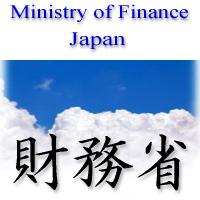
Fraudulent financial reporting practices and the subsequent bankruptcies of Enron and WorldCom have left an indelible mark on all parties concerned, both home and abroad. While both cases have far-ranging implications, many facts have yet to be uncovered by congressional investigations. Therefore, in this article an analysis has been made with a focus on fraudulent reporting practices and the information production system structure for financial information (or financial reporting) that has produced such fraudulent reports. More specifically, this paper explains what fraudulent financial reporting is, and then analyzes how management frauds actually occurred in the context of the objective criteria of generally accepted accounting standards.
In the first place, it can be said that the U.S.-style direct financing system faced many problems from the standpoint of information production structure, such as the following. (1) Discrepancies exist between the parties who bear the costs associated with information production (such as payment of fees to auditing firms, financial analysts and credit rating agencies) and those who benefit from using the information produced (such as private entities and general investors). Unless this divergence is resolved, we cannot eliminate the possibility that the information content produced might deviate from the standards of impartiality and independence and, as a result, encourage opportunistic actions. (2) Since these cases, the U.S., even while resisting International Accounting Standards (IAS), has been incorporating these IAS into its own standards in an effort to develop global standards. (3) In the U.S., information service providers such as the abovementioned auditing firms and credit rating agencies comprise an oligopolistic market. We can say that, on the one hand, the functions of these organizations play a part in the public regulatory system, while having a restrictive character on the other hand. In this sense, the Enron and WorldCom scandals were betrayals of public confidence.
See full Review.
See also Financial Review 60 - Corporate Governance I.



